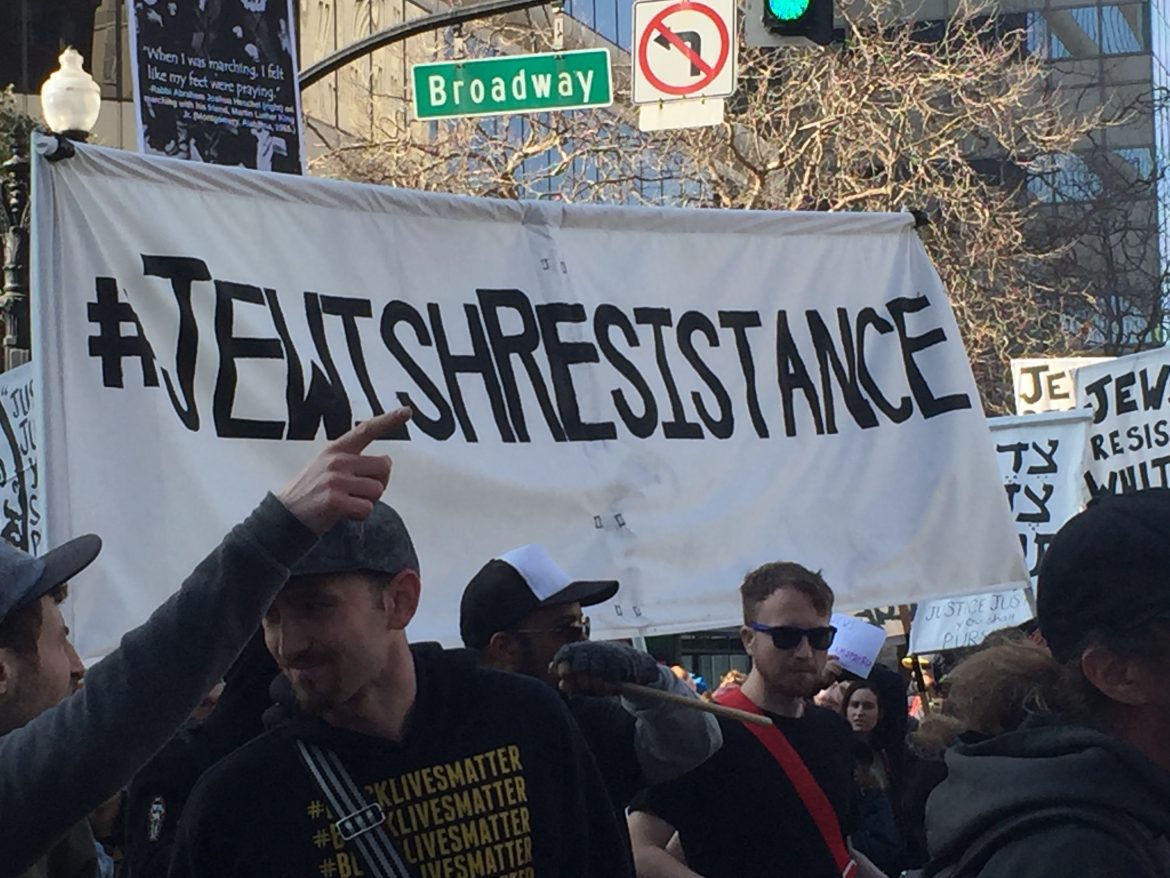It happened once [on Pesach] that Rabbi Eliezer, Rabbi Yehoshua, Rabbi Elazar ben Azariah, Rabbi Akiva, and Rabbi Tarfon were reclining in Bnei Brak and were telling the story of the exodus from Egypt that whole night, until their students came and said to them, “The time of [reciting] the morning Shma has arrived”. (Haggadah of Pesach)
Four great rabbis were gathered for the Passover seder in the Palestinian town of Bnei Brak. They told the story of the exodus all night long. They were so involved in the telling that their students had to interrupt them in the morning so that they would not miss the appointed time for saying the Shma.
So what were they talking about for so long? The Haggadah itself does away with the exodus in a sentence: “We were slaves to Pharaoh in the land of Egypt. And God, our God, took us out from there with a strong hand and an outstretched forearm.” Obviously we ourselves have figured out how to enhance the bare bones of the story. The bulk of the traditional telling is a midrashic understanding of one of the Torah’s narratives of the exodus (Deuteronomy 26). And still… all night long?
There are two ways to think about what these great sages were talking about. Well, actually, there are probably untold numbers of ways of thinking about what they were up to. I want to present two options amongst many for what occupied the Palestinian sages that Passover night so long ago.
The rabbis might have started by reading the “We were slaves” line and asking: What was slavery like? What were the details of oppression? How did the suffering manifest itself? Each sage besting their fellow in telling excruciating tales of pain. Children bricked into walls. Men separated from women. Whips, hunger, broken bodies, constant humiliations, indiscriminate murders. On top of it all, the constant refrain that the Israelite faith, language, tradition was destined for humiliation for all time.
After talking of the suffering of their enslaved ancestors in such gory detail, the blows that God brought down upon the Egyptians would be, even in the retelling, so satisfying. The Pharoah, the kings of kings, the one who asked “Who is God that I should heed God’s voice to send off Israel? I do not know God, nor will I send off Israel,” was brought low by God and then by his own people who demanded that he free the Israelites.
Egypt was destroyed. Its fields, its flocks, its waterways, and finally its first born. Then, also, on the Sea, Egypt’s military might was literally washed away. “This is my God and I will glorify him.”
One can imagine these learned rabbis bringing all their erudition to bear in detailing and enhancing and extolling the suffering and then the glorious liberation. “Beginning with disgrace and ending with glory.” As the sun rises, the students knock on the door, and the glow on their teachers’ faces shows them that they are ready to pledge the unity of God.
There is another possibility. The rabbis began with the sentence “We were slaves to Pharaoh in the land of Egypt. And God, our God, took us out from there with a strong hand and an outstretched forearm.” Then they asked the question “how could that have happened?” How could it be that one people, the Egyptians of yore, saw it as possible, as justifiable, as morally upright to enslave another people?
This is where the conversation started. What were the ideological underpinnings of Egyptian supremacy? How could the Israelites have acquiesced in that ideology and not immediately risen up against it? When there were flickers of rebellion, why were they extinguished so quickly? When Moses came out of the house of Pharaoh and truly, for the first time saw the suffering of the enslaved Israelites, and also for the first time realized that they were his kin; when Moses reacted to the taskmaster’s assault the way a pharaonic prince would react: by killing the taskmaster, sure in the notion that violence can only be defeated by greater violence; why did this ember of resistance not find dry kindling ready to burn for liberation?
This conversation waxed and waned all night long. Veering from the Egyptians to the Romans. Asking what it would take to convince an oppressed people that the first step towards liberation was not acquiescing in their oppression; that their first step must be to forcefully push back against the evil son and say: God took us out of Egypt to demonstrate that cruel oppression is wrong, that all are created in the image of God, that claiming that God cares for me and not for you is idolatry.
As the students knock on the door in the morning, in the dawning of new day, the look of decisiveness and love on their teachers’ faces show that they are ready to act on the understanding that all are created in the image of God, that the first step to liberation is to purify oneself of Egypt, of the remains of the idea that some people are better than others, that some people should rule over others. I would urge that this year we all imagine ourselves into this latter conversation. Asking how many of us were fooled or convinced by the ideological evil that is white supremacy and anti-Blackness into being Pharoah, into being Egyptians. The point is not just to leave Egypt. The point is to understand how Egypt could have happened, and to make sure it never does again—while we are still in Egypt.
